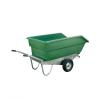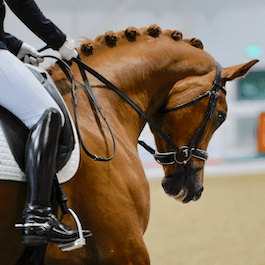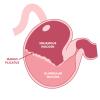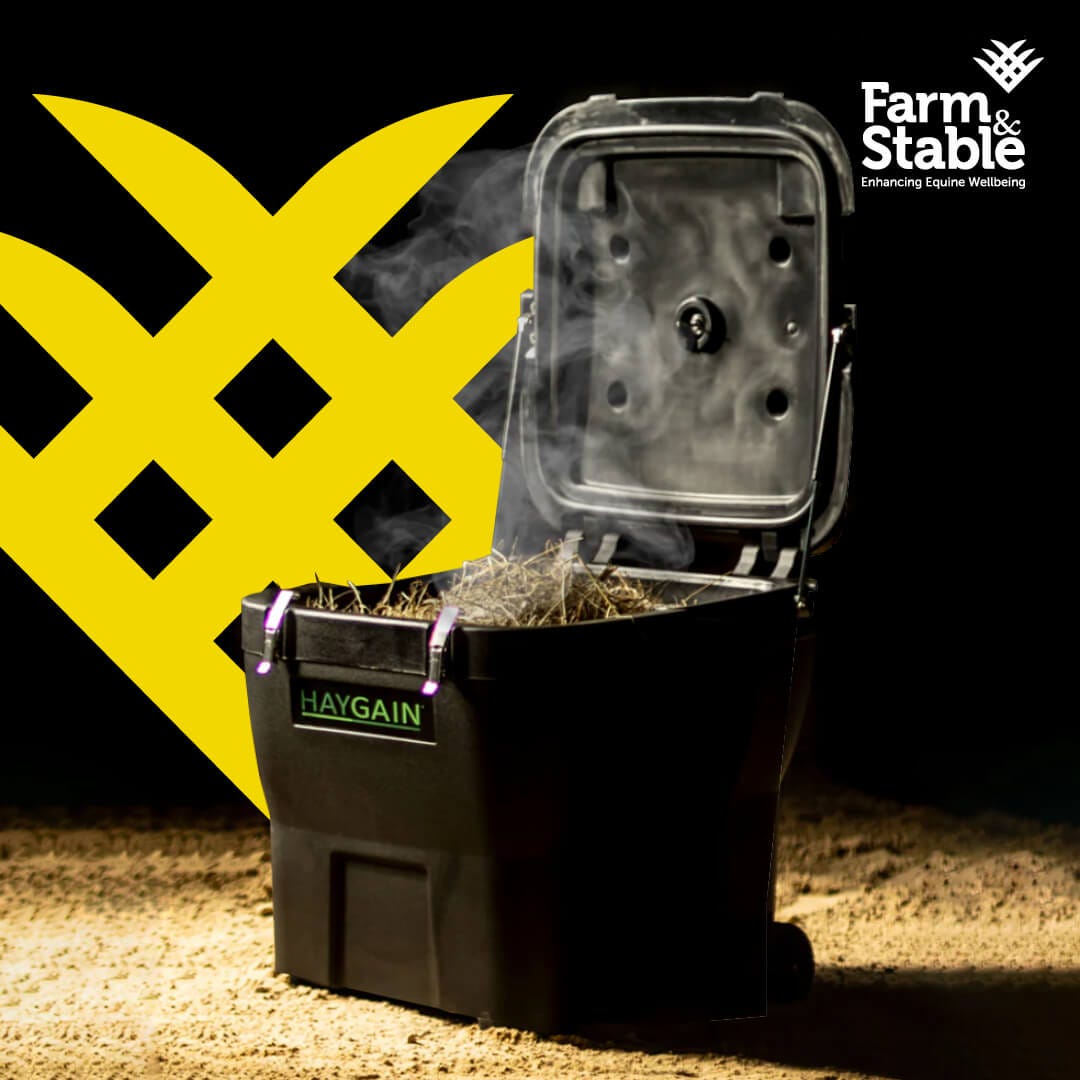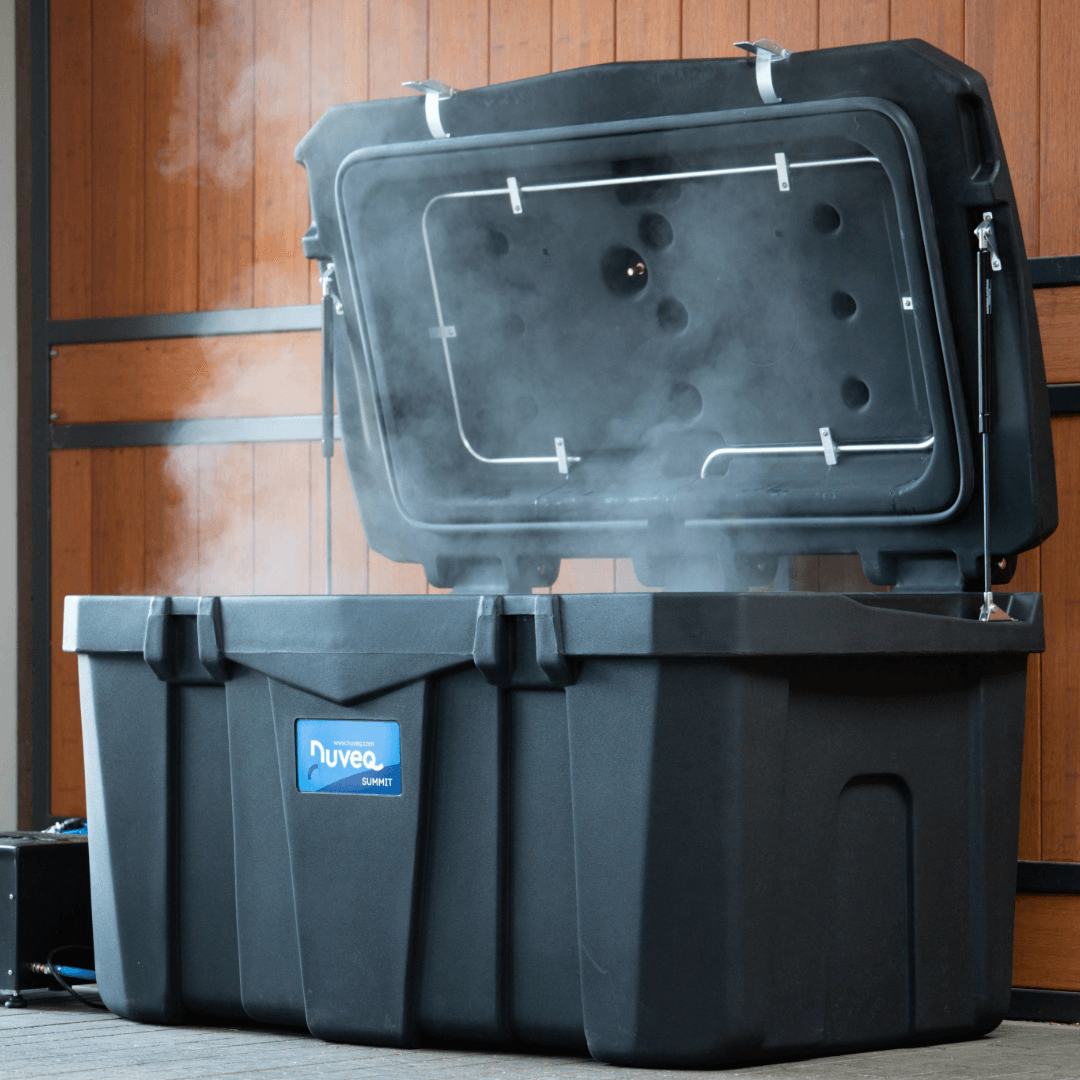
Electrolytes are charged ions that regulate many vital physiological processes such as nerve and muscle function, hydration, digestion and balancing blood acidity and pressure. Many of these processes rely on a small electric current, and electrolytes provide this charge.
Once dissolved in liquid electrolytes conduct electricity and interact with cells in the tissues, nerves, and muscles. Electrolytes with a positive charge are called anions, while negatively charged electrolytes are called anions. Sodium (Na+) is the major cation found outside of cells, while potassium (K-) is the major cation, followed by calcium and magnesium (Mg-), found inside of cells. Chloride (Cl-) is also another major anion inside the body.
Calcium, sodium, and potassium are often thought of as the three most important electrolytes as they are all required for muscle contraction.
Electrolytes are lost from the body through sweat and excretion, with sodium and chloride (which combine to make salt) being lost through sweat at the highest rate. As horses can produce 10-15 litres of sweat per day, electrolytes can be lost at an incredibly high rate. For this reason, an electrolyte imbalance is a significant concern for heavily sweating horses, particularly after prolonged exercise. If the losses are great enough, it can disturb the balance of electrical charge both inside and outside of muscle cells and can disrupt the normal contraction and relaxation processes.
For example, it can lead to either muscle weakness, cramps, or excessive contraction- a condition called Thumps. Also known as synchronous diaphragmatic flutter (SDF), Thumps very much resembles human hiccups as it is caused by spasms in the diaphragm. This causes twitching in the flanks, and in severe cases convulsions are so extreme that a thumping noise is produced, giving the condition its name.
A diet low in electrolytes often goes undiagnosed but can frequently be the course of a horse not performing to its expectation.
Hard feeds and forages such as grass, hay, and haylage do contain electrolytes, but if your horse is in more than light work it will usually not be sufficient to replenish their electrolyte depletion.
Forages are low in sodium which is often considered the single most important electrolyte as it controls the regulation of thirst.
This is why all horses should be provided with electrolyte supplementation, while it is extra important if the weather is hot or if your horse is in involved in intensive training or competition. Extra precautions should also be taken if you plan to travel your horse as this can be a great stressor for them making them likely to increase in temperature and risk dehydration.
If you are preparing for a competition or race, it is best to feed your horse electrolytes throughout the training period and not just before the event. This is because it will take time to fully restore your horses’ normal electrolyte levels following intense exercise.
Signs that a horse has an electrolyte deficiency may include:
- A dull coat
- Sunken eyes
- Depression
- Poor performance
- Dark urine
An easy way to provide extra electrolytes for your horse is to hang a salt lick in the stable or pasture. However, you horse is unlikely to gage exactly how much he needs, so it is advised you take other simple measures to address his mineral needs.
Adding supplements to water or feed is a more effective way to ensure a sufficient uptake. While it is okay to add basic salt to feed, adding a specifically formulated electrolyte supplement will ensure all the needs of your horse are met.
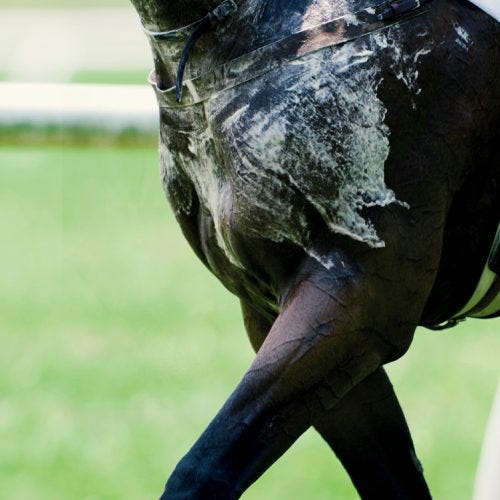
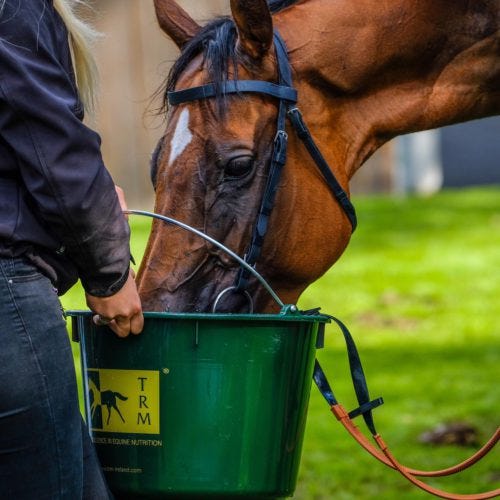
Deciding what electrolyte to use
Dissolving electrolytes in water forms an isotonic solution- a liquid that contains the same electrolyte concentrations of the body fluids. Taking in water along with electrolytes us an excellent way to ensure your horse is rehydrated. Most of the electrolyte supplements by Farm and Stable can be diluted into water, but be sure to read the instructions for use as there are some exceptions.
Superlyte Syrup is a very carefully balanced molasses containing Chloride, Sodium and Potassium in the ratio 2:2:1. The formula has been specifically designed to replace electrolytes in exactly the same ratio as they are lost through equine sweat. This isotonic solution can be diluted in water or added to feed.
If supplements are added to water, fresh drinking water should also be provided. This is to ensure your horse can stay hydrated if he does not agree with the palatability of the product.
Superlyte is also available in a syringe. Superlyte Paste is easily administered into the mouth and is particularly convenient for use after competition, intense training or during transportation.
Electrolyte Gold offers another means of supplementation. The premium product contains essential body salts and vitamins in an amino acid and glucose base. The addition of high levels of Vitamins E and C will also protect muscle tissue by eliminating acidic by-products of exercise. The Glycine and Glucose in this formula also improve the rate of absorption of electrolytes in the gastrointestinal tract so it is ideal for competition horses that are striving for optimal performance. This product is added to feed and has high palatability.
Provided you stick to the instructions for proper use, it is very easy to give your horse the correct extra support he needs.
There is little to no danger of over supplementing your horse, however, if you are concerned look out for signs of excessive drinking (more than four buckets per day), loss of appetite, a very wet bed and/or loose droppings. Nevertheless, rest assured this outcome is very rare and supplementation can provide hugely beneficial support for your horse.
Extra precautions
Remember not to overexert your horse during hot weather, they suffer in the heat just like we do. If you are concerned about your horse’s welfare, do not hesitate to contact your vet.


 Forgotten your password?
Forgotten your password?  Free Delivery on all orders over £95+VAT
Free Delivery on all orders over £95+VAT



